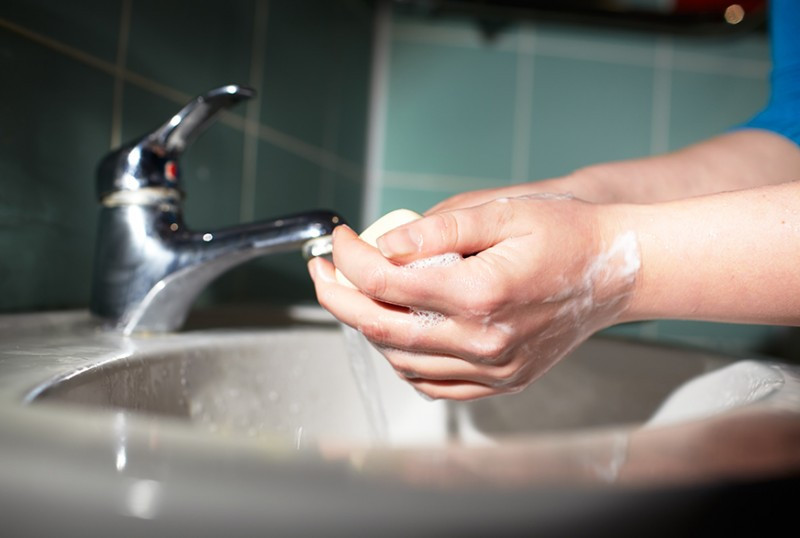Ask anyone to name the body's major organs, and the first few answers are easy: the heart, the brain, the kidneys, and the lungs come quickly to mind. A bit further down the list, and often not mentioned, is the liver. It might be the most underappreciated and even neglected major organ of our bodies, but the liver deserves more respect. It just may be the hardest-working organ in our bodies; if not, it ranks near the top, and may be the most versatile organ in our bodies. Think of it. For one thing, the liver is, essentially, our digestive system's first line of defense monitoring any food, drink or other substance that enters our body. Everything we eat or drink -- and that includes medicine -- passes through it, per webmd.com. One way to put it: it is our body's traffic cop, directing all arriving ingested materials where to go. It's the liver that recognizes toxic substances and converts them into harmless material that can be released, is how draxe.com describes it. Whatever we eat or drink, our liver processes it, either to be prepared for our body's use or to be eliminated as waste. ‘I call it the Grand Central Station of your body, says Dr. G. Anton Decker, a Phoenix gastroenterologist quoted at everydayhealth.com. If the liver in any way malfunctions, it can produce distention and discomfort within our digestive system, possible resulting in the spread of harm to other parts of our body.
The Liver Is a Multitasker
Other health-related roles that our liver fill include regulating our metabolism, maintaining healthy circulation, balancing our hormones, cleaning our blood, and optimizing our digestion. Every now and then, a car wash might be in order for our liver, better known as a toxic cleanse. How do we know when such a cleanse is in order? Symptoms can include bloating, constipation, fatigue, and hormonal imbalances, per draxe.com. See your physician, if you want an assessment. Enhanced liver function is key for a clean bill of health. The benefits of a properly-cared-for liver can include the following, per draxe.com:- Heightened energy levels
- Clearer skin
- Regulated menstrual cycle with reduced PMS
- Relief from sinus discomfort
- Bolstered immunity, fewer infections
- Fewer digestive issues, more regularity
- Fresher breath and oral health
- Improved frame of mind and mood

